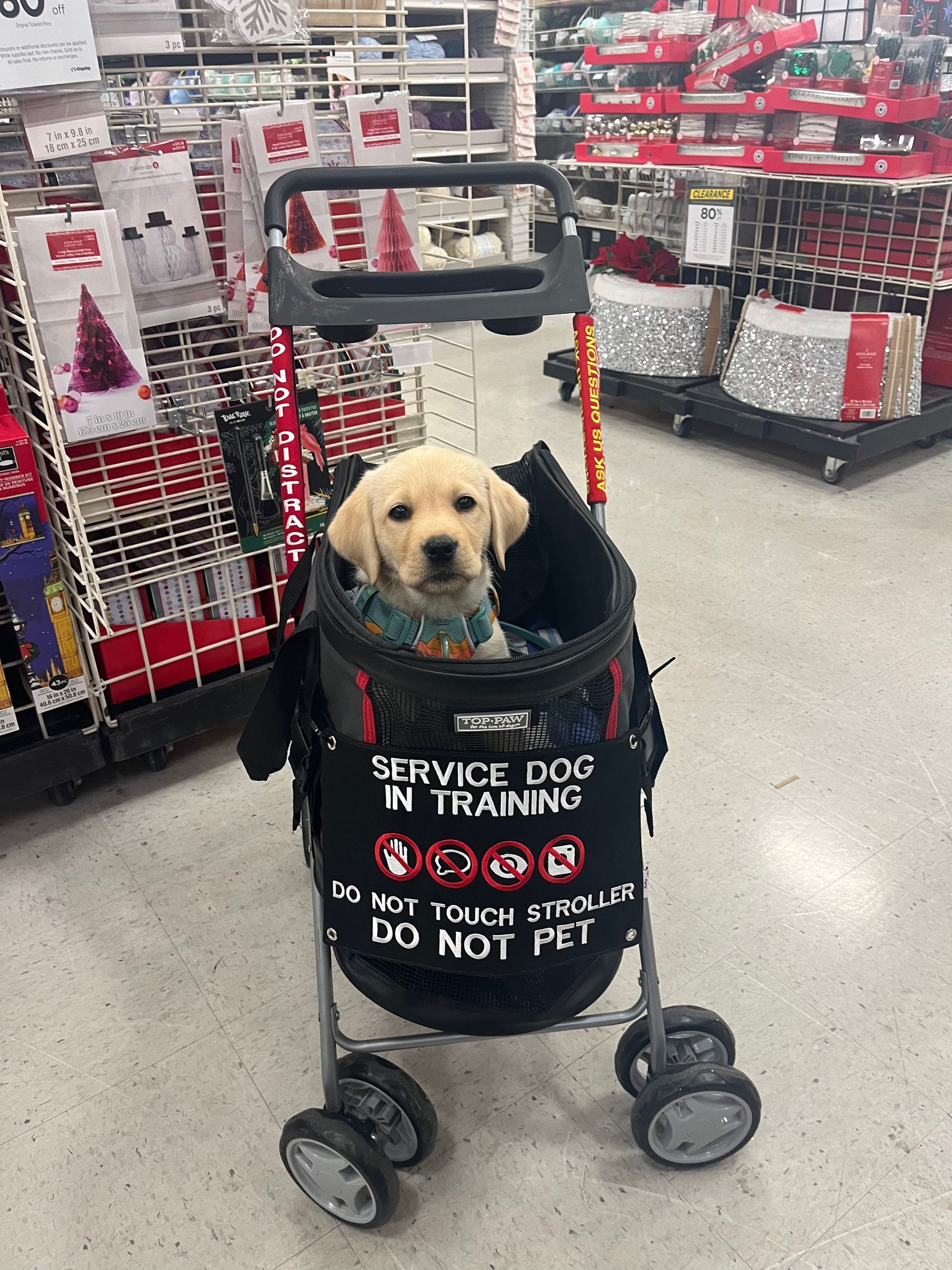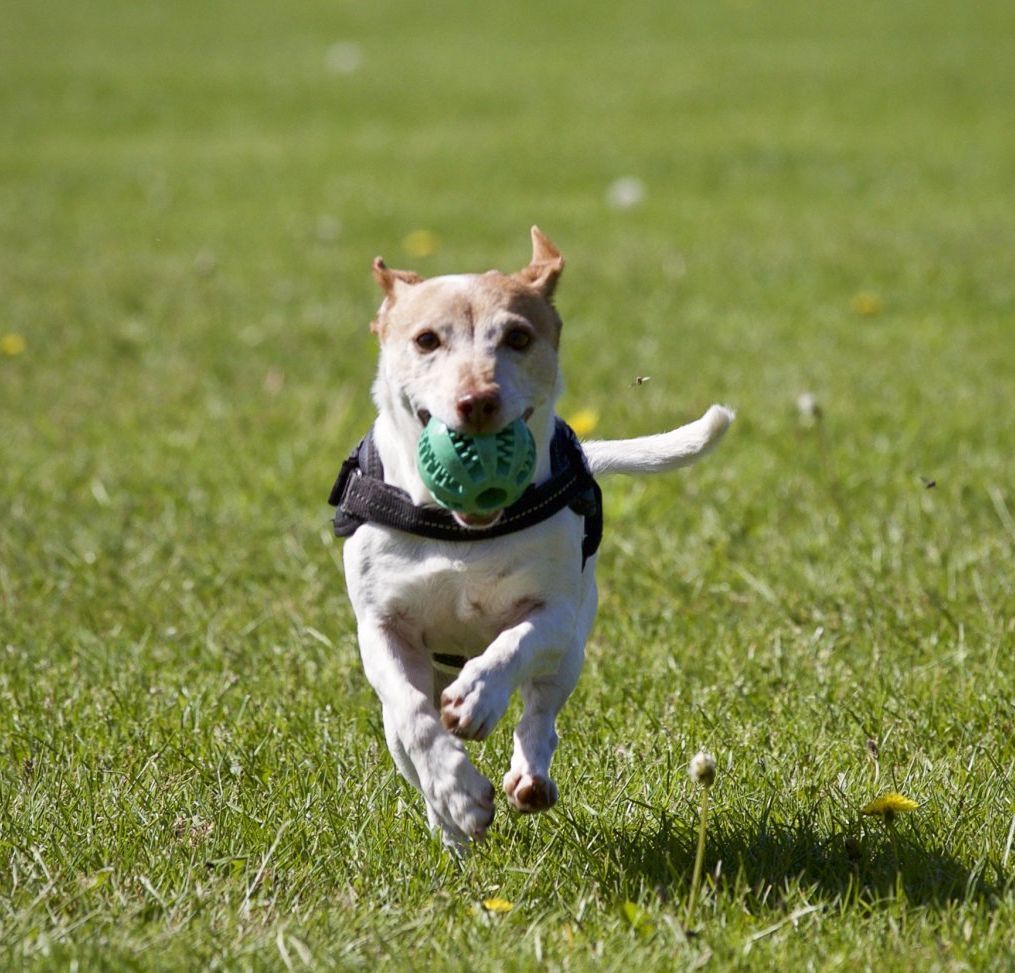Why you shouldn't bring your dog into Starbucks: The real deal on service dogs
Whether it be a lack of knowledge or a lack of care, only service dogs are allowed in public. There is a lot of miscommunication and vague information thrown out to the public about this topic. This is a topic we take seriously around here. We want to sum up the truth and reality of what a service dog is and does.
A service dog is a dog who is specifically trained to perform tasks for their owner to aid with their disability. Whether the disability is visible or not, service dogs have a job. They are highly trained and are considered medical equipment, just like a wheelchair, cane, etc.
The copious amounts of pets being brought into public spaces are causing issues for disabled individuals. Service dogs go through extensive and expensive training to do their jobs, and all this training can be ruined by disruptive pets in public spaces. People love to bring their pets everywhere, and it makes sense, but that doesn’t mean it’s okay to do so. Pets, specifically reactive pets, are distractions for a service dog. While service dogs are trained to ignore these incidents, it makes their job harder.
A perfect example is someone who has a service dog for cardiac alert episodes. When their owner’s heart rate spikes, the dog alerts their owner to ensure their safety. If there is a barking or lunging dog, the service dog can accidentally miss an alert, risking their owner’s health and safety.
We have seen people who buy service dog registration tags to bring their pets places. To your surprise, those tags are fake. In America, dogs do not need any form of registration. Faking a service dog in California (and most states) is a misdemeanor and is punishable by a hefty fine and/or jail time.
A business is legally allowed to ask what tasks they are trained to perform and if it is for a disability. The business is also allowed to ask you to leave (service dog or not) if your dog is being disruptive and/or using the restroom in a public space.
With disruptive pets in public spaces, businesses are less receptive to real service dogs entering. This is causing issues for real service dogs and their owners. They are having to fight back against businesses trying to enter. A disabled individual should always be allowed their aid.
There is even more misinformation about emotional support animals. An ESA does not have public access. They can go to places such as Michael’s, but not to places such as Starbucks. The only thing an ESA is granted is housing rights.
We encourage you all to research more about the topics. We want to educate people; feel free to reach out to us with questions or just to have a conversation about the information.











